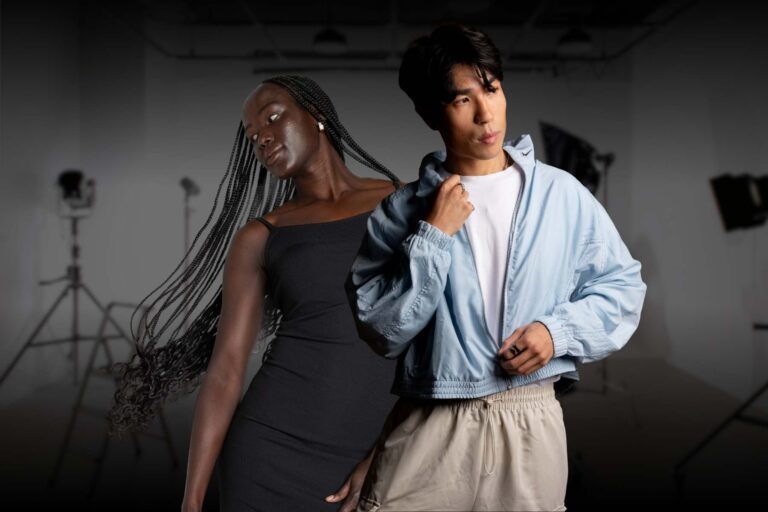Landing your first audition feels like winning the lottery, especially if you’ve spent months on end waiting for your opportunity to shine. But getting the audition and acing it are two completely different things. Sure, the casting director may like what they see in your portfolio or selftape, but as you know, that doesn’t mean that the audition will be a walk in the park.
Assuming that you’ve managed to overcome your camera shyness and are good to go, let’s take a look at the next ways to prep yourself for that audition.
Read the script
As silly as it may sound, you wouldn’t believe the number of aspiring and experienced actors who roll on into an audition without having read the script. You can imagine how they then feel when the casting director asks them for their opinion on another section of the script or the storyline as a whole. Trust us, this is not a good look for an actor who is trying to impress.
Even if the casting director doesn’t specifically ask you about other parts of the script, being able to talk about other aspects of your character and the script in general shows that you take your work seriously. And that is a good look.

So, it goes without saying—always read the full script before you go to the audition. This is basic audition 101 and something that you simply have to make time for. Besides, it should be a key aspect of your research.
And speaking of research…
Do your homework
Research is key to delivering a good performance. Just ask Robert De Niro who spent a month working as a cab driver before starring in Taxi Driver or Halle Berry who gave up bathing for eight weeks prior to taking up her role as a crack addict in Jungle Fever.
Now, we’re not for a moment suggesting that you go to those lengths for an audition, but you should, at the very least, do some research into your character. What makes them tick? What has brought them to this point in the storyline? How has their character developed throughout the script? What is the backdrop to the emotions they are currently experiencing?
If you can answer these questions, then you have a very good chance of getting your character’s emotions and personality traits right in the audition. You’ll also be able to speak with confidence about your role which is an added bonus if the casting director asks you any questions.

Know your lines
This is another one of those tips that probably has you thinking ‘tell me something I don’t already know’, but you’d be surprised at the stories we’ve heard from casting directors who have watched aspiring actors struggle to remember their lines. Of course, there are times when nerves strike and you forget everything you’re supposed to say, but a casting director can easily spot an actor who is suffering from nerves and one who is simply unprepared.
So learn the lines, and then learn them again. Learn to say them backwards, sing them in the shower, record them and listen to them as you sleep—whatever it takes, just learn those lines
Be the character
When Jada Pinkett Smith auditioned for a role in Gotham she arrived at the audition in a short black wig, a gown, and had another actor with her on a leash. Clearly, Jada had done her research into the character, but she had also gone one step further by bringing what she learned into her mannerisms, attitude, and even her physical appearance.
That said, we don’t recommend that you go full costume. However, there’s nothing wrong with subtle hints in your clothing and appearance and your mannerisms should certainly reflect who they are. A hat, a pair of glasses, a scarf, or even a book to hold could be useful props that add authenticity to your performance.
Just be wary of overdoing it. Any props or changes to your clothing should be minimal and not become the focal point of your performance. Remember, the casting director wants to see you, not your hat.

Trust your instincts
Our final tip is one that you may not see elsewhere and that is to trust your gut. There’s no point in trying to figure out what the casting director wants to see in your performance or how they want you to act out a role. It’s better to trust your instinct and play the role in a way that you feel is authentic. Even if this is something that is totally unexpected, it could be what sets you apart from the masses. It also shows that you are thinking creatively which is always a good thing for a performer.
Of course, following these tips may not guarantee success, but they will give you the confidence to deliver a solid performance. And that is pretty much the best that you can hope for. Anything else, such as actually landing the role, is an added bonus!
If you’re new to the industry and looking for representation or you’re an old pro who is just looking for a change, then you know what to do. Get in touch today or apply to join us here at Hunter Talent.







